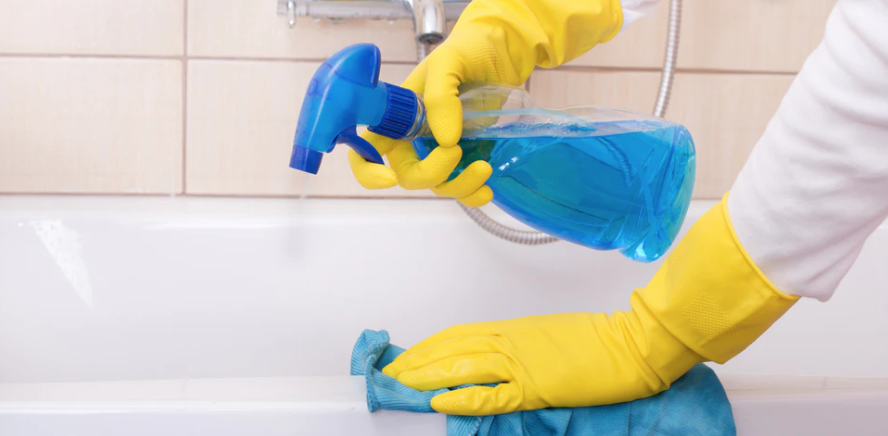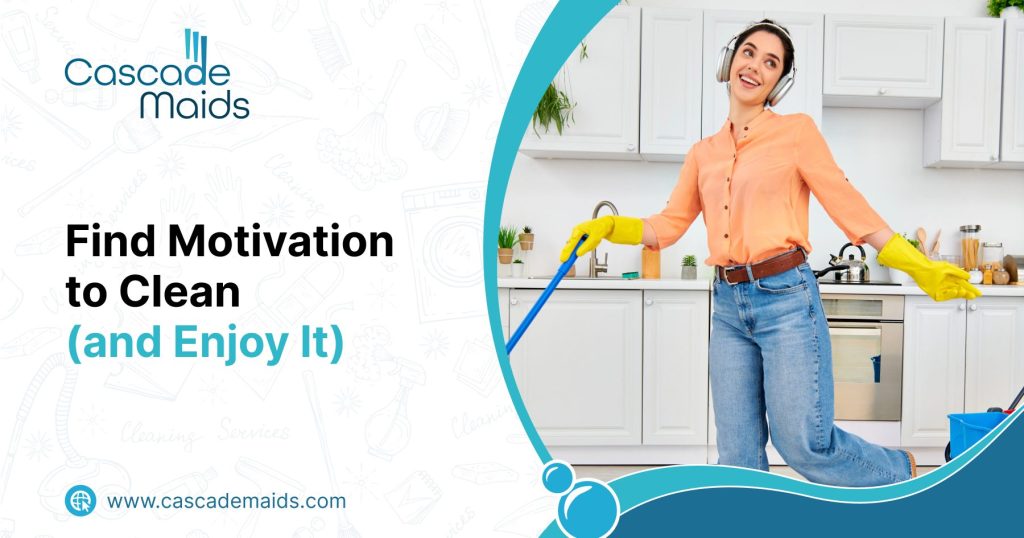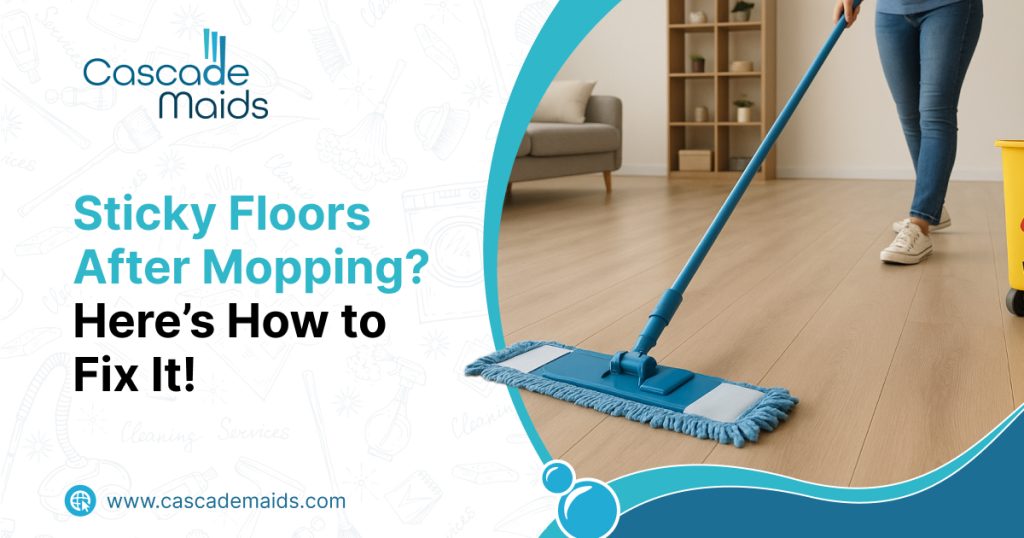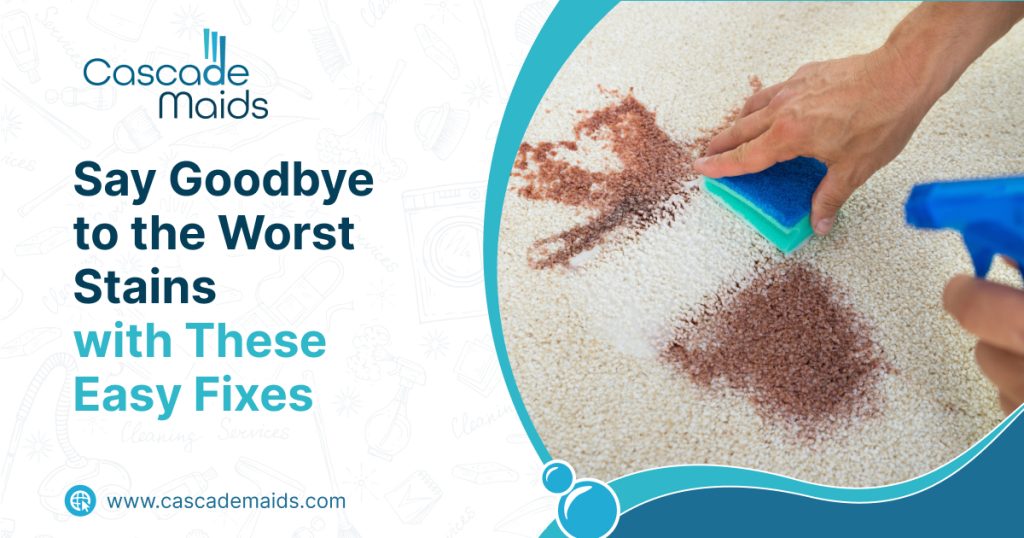When you are choosing an all-purpose cleaner, here are 5 important things to keep in mind:
Cost Versus Convenience. All-purpose cleaners by nature are meant to be convenient. However, there are some different things to consider as you decide what will work best for you. Spray cleaners are usually an easier to use option than liquid cleaners. Those that are already diluted are easier than cleaner concentrate. Wipes that are pre-treated are also easier to use than those that need sponges or clothes to apply. Another thing to consider is the amount of time the cleaner needs to remain on the surface to sanitize, disinfect, or dissolve the soils.
Acidity And Alkalinity. Cleaners that are in the middle of the 0-14 pH scale are considered all-purpose. They can range from slightly acidic at a pH 6 to neutral at pH 7 to slightly alkaline at pH 8. Cleaners that are more alkaline are better to break up organic materials such as greases, oils, and dirts. Solutions that are more acidic are more effective at cleaning inorganic materials such as rust, soap scum, and calcium deposits.
Safety. Choosing a cleaner that is safe for humans and pets is important. Since all-purpose cleaners are typically pH neutral, they are a safe choice to use around the young and old alike. They are also the best choice for those who suffer from allergies or asthma, and for our beloved pets. Cleaners that are not in the 6-8 pH range can burn internal respiratory tissues, eyes, and skin. Other, more dangerous chemicals may also include known endocrine disruptors, suspected carcinogens, and more.
Natural Versus Synthetic. Every effective cleaner is chemical in nature. However, some of them are plant-based and others are made of synthetic ingredients (chemicals that are lab- or factory-created). All-purpose solutions that claim to be green or natural may not be a safer solution than synthetic cleaners. Good cleaners, whether they are natural or synthetic are created to pick up dirt and leave very little to no residue behind when directions are followed. On the other hand, poor cleaners, whether natural or synthetic can chemically fall apart when they are dissolved in water. These cleaners are unlikely to bond with and subsequently remove particles of dirt and can leave behind residues that are damaging or even dangerous, whether they are visible or not.
Streaking And Residue. All-purpose cleaners that streak are typically leaving behind residues that you would probably rather avoid. This residue can serve as bacteria’s breeding ground or release harmful particles into the air you breathe. Also, if you find an area that has been cleaned gets dirty fast, it may not be free rinsing or you may not be following the directions properly.
A good house cleaning professional has all these in mind. Contact one in your area.




